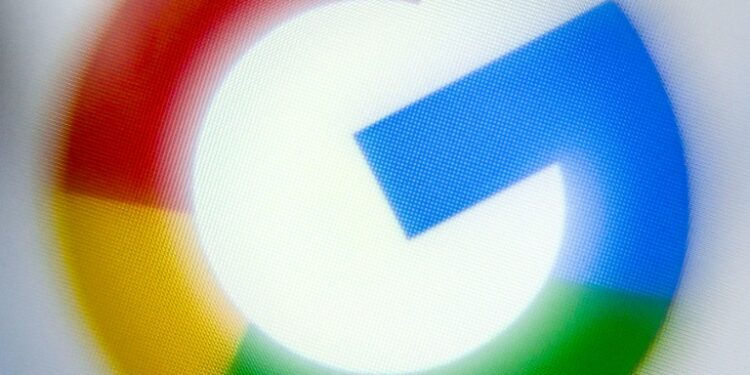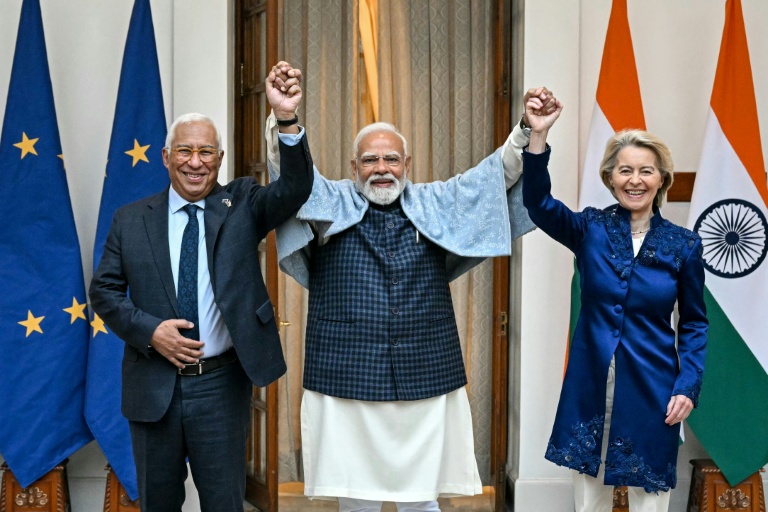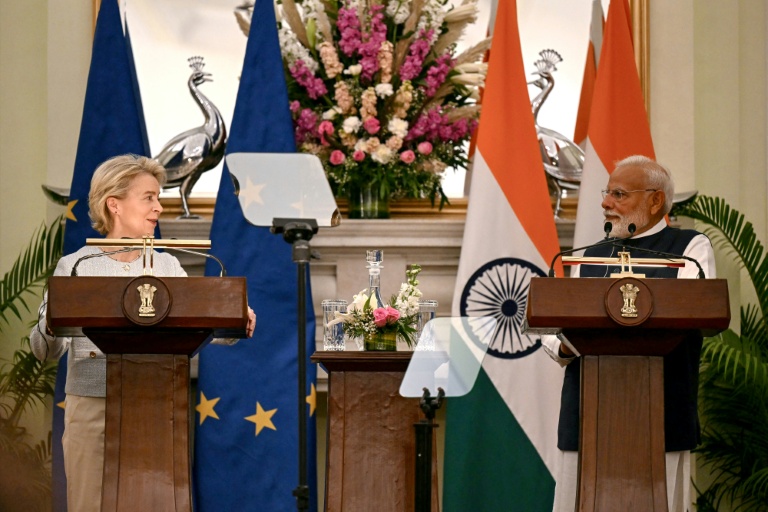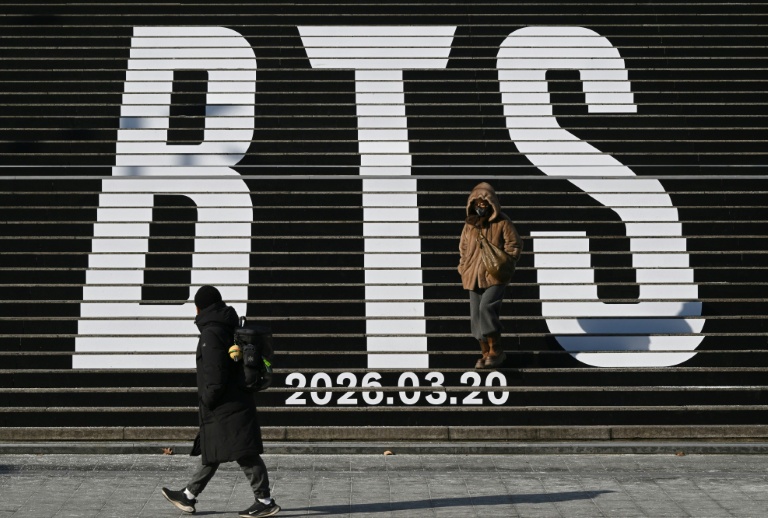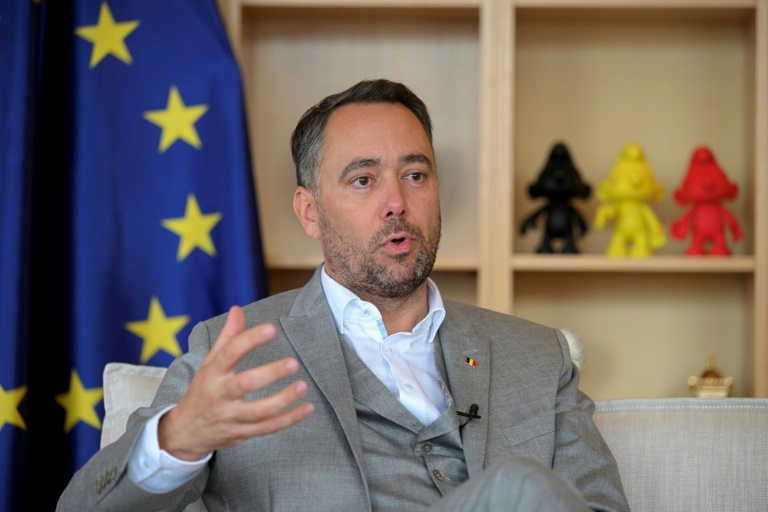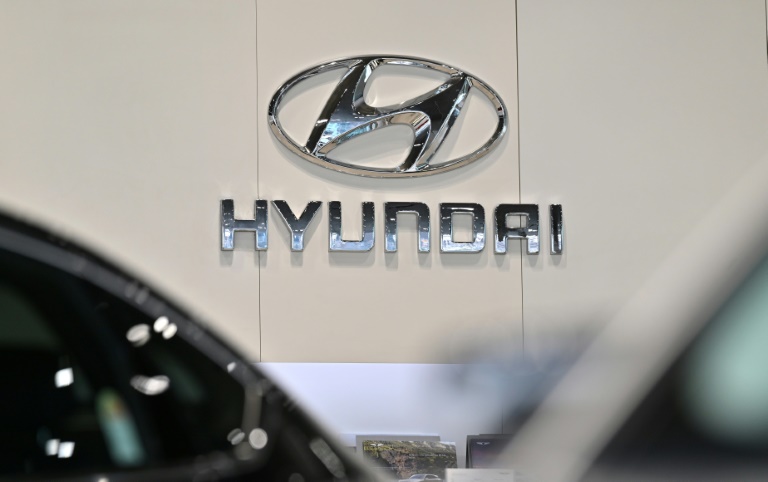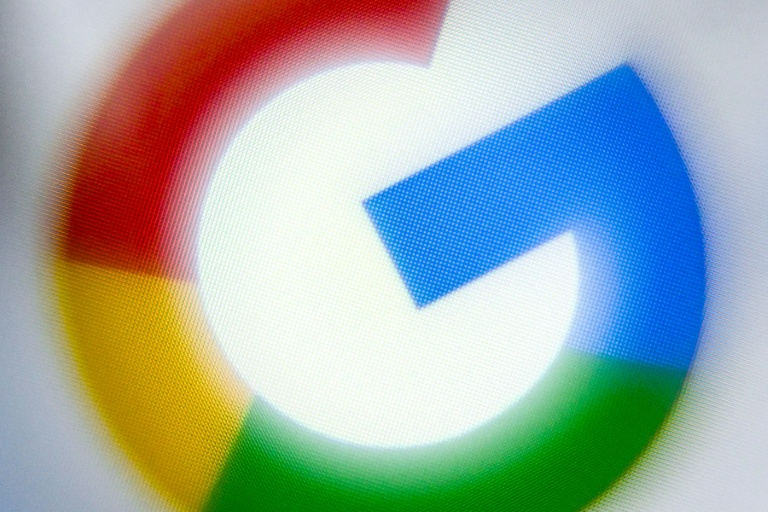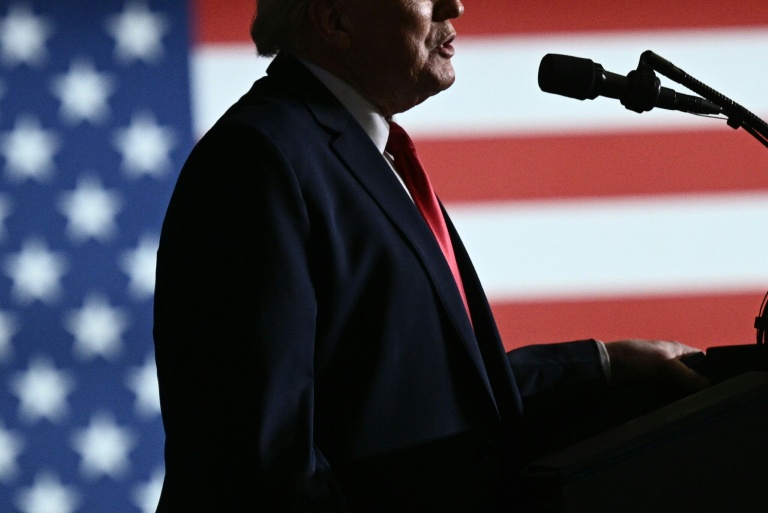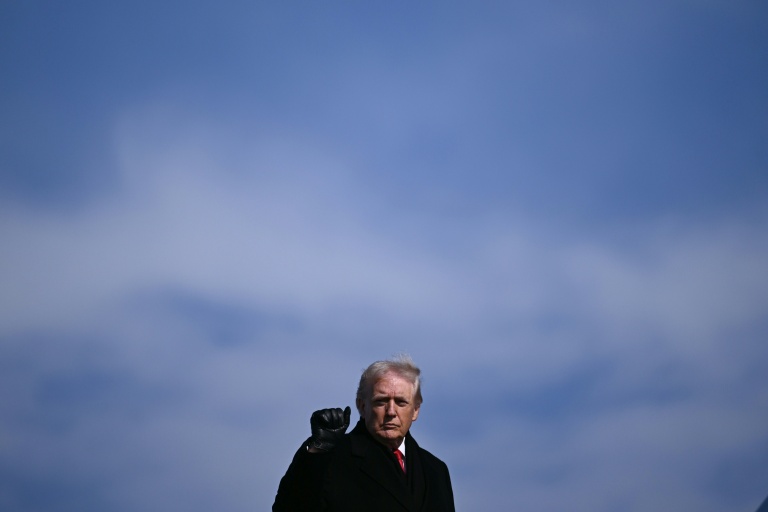Brussels (Belgium) (AFP) – The EU on Friday slapped Google with a massive 2.95 billion euro ($3.47 billion) antitrust fine for favouring its own advertising services, despite President Donald Trump’s warnings not to target US big tech. Google vowed to appeal the decision by the European Commission, which accused the US firm of distorting competition in the 27-nation bloc.
“Google abused its dominant position in adtech harming publishers, advertisers, and consumers. This behaviour is illegal under EU antitrust rules,” EU competition chief Teresa Ribera said. Trump has threatened to go after Europe for its rules on the digital market and on policing content, which affect tech giants based in the US. Earlier this week, it emerged the commission had hit pause on the fine, seemingly for fear of US retaliation. The EU is still waiting for the United States to make good on a promise to lower tariffs on cars under a trade deal agreed in July.
Brussels ordered Google to end its “self-preferencing practices” and take steps to cease its inherent conflicts of interest. “Google has 60 days to inform the Commission on how it plans to do so,” Ribera said. “If it fails to propose a viable plan, the Commission will not hesitate to impose an appropriate remedy.” She said that, “at this stage, it appears that the only way for Google to end its conflict of interest effectively is with a structural remedy, such as selling some part of its Adtech business.”
Google said the commission’s decision was “wrong” and it would appeal. “It imposes an unjustified fine and requires changes that will hurt thousands of European businesses by making it harder for them to make money,” said the firm’s global head of regulatory affairs, Lee-Anne Mulholland. “There’s nothing anticompetitive in providing services for ad buyers and sellers, and there are more alternatives to our services than ever before.”
Advertising is Google’s financial bedrock. The company is a subsidiary of US tech giant Alphabet, which in July reported quarterly profits of $28.2 billion. In its decision, the commission noted that Google not only sells advertising on its own websites and apps, but was also an intermediary for firms wanting to place ads elsewhere to appear on mobile and computer screens. For that, it has an ad exchange to match buyers and sellers called AdX, as well as an ad server called DoubleClick, and tools to buy ads called Google Ads and DV 360.
In a statement, the commission said it found that between at least 2014 and today, Google abused the dominant positions it held through DoubleClick, Google Ads and DV 360 to favour AdX. AdX would, for example, be informed in advance of the value of the best bid from competitors taking part in the ad selection process run by DoubleClick, it said.
The European Publishers Council, a media industry group that had filed a complaint over the practices probed by the EU, said a fine was not enough. “Without strong and decisive enforcement, Google will simply write this off as a cost of business while consolidating its dominance in the AI era,” said its director Angela Mills Wade. A US federal court recently upheld a similar complaint over Google’s adtech practices, ordering the firm to put forward remedies.
Friday’s announcement marked the third fine announced in a week against the Alphabet-owned Google. A US federal jury on Wednesday ordered Google to pay about $425 million for gathering information from smartphone app users even when people opted for privacy settings. The same day, France’s data protection authority fined the search giant 325 million euros for failing to respect the law on internet cookies.
The group notched a major win however on Tuesday when a US judge rejected the American government’s demand that Google sell its Chrome web browser. The landmark antitrust ruling, coming after Google was found to have illegally maintained monopolies in online search through exclusive distribution agreements, did, however, impose sweeping requirements to restore competition in the area. As the EU’s competition watchdog, the commission has hit Google with multiple fines in recent years. It fined the online giant 4.1 billion euros in 2018 for abusing the market dominance of its Android operating system, and in 2017 slapped a 2.4 billion euro fine for anti-competitive practices in the price comparison market.
© 2024 AFP

